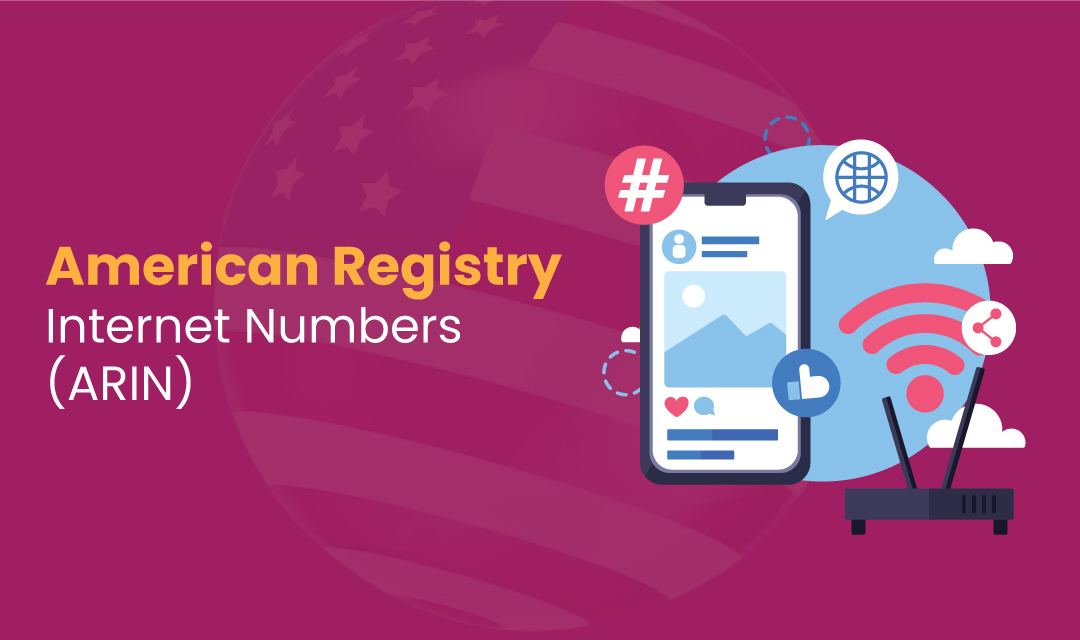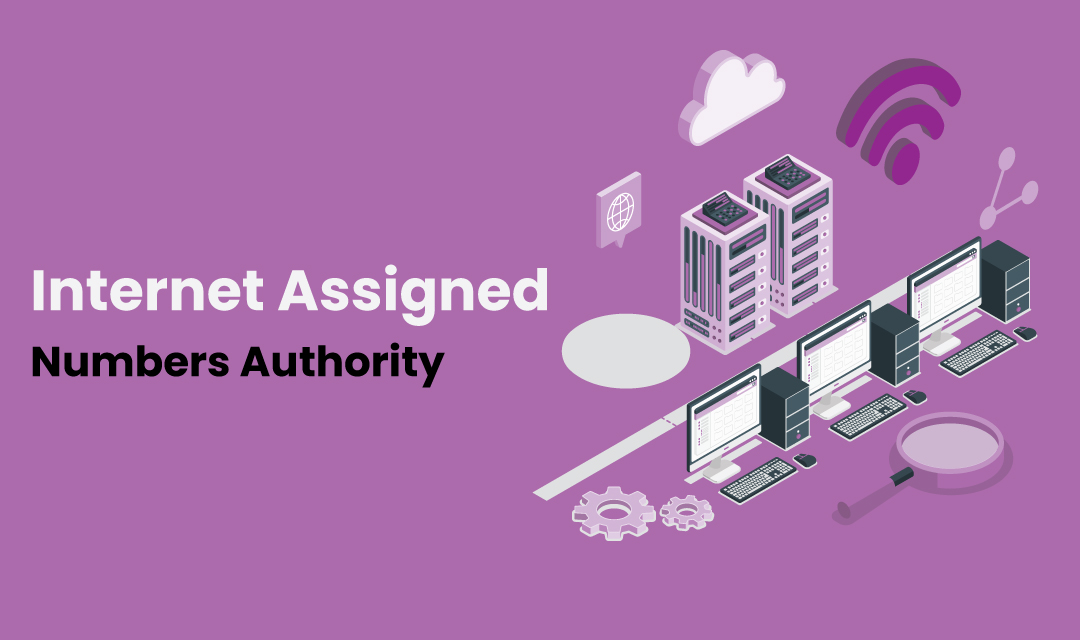
ARIN is one of the 5 RIRs (Regional Internet Registries) responsible for the management and distribution of the Internet number resources known as IP Addresses (IPv4 and IPv6) and ASNs. ARIN serves the region comprised of the United States, Canada, and many Caribbean and North Atlantic islands. ARIN is a nonprofit organization found in 1997. The primary function of ARIN is the registration of IP addresses and ASNs to ensure global uniqueness. Registration service includes allocation. assignment, and transfer of all Internet number resources. ARIN assigns IPv4, IPv6 and ASN numbers to governments, universities, ISPs, and for-profit organizations.
[..]
Read more...










